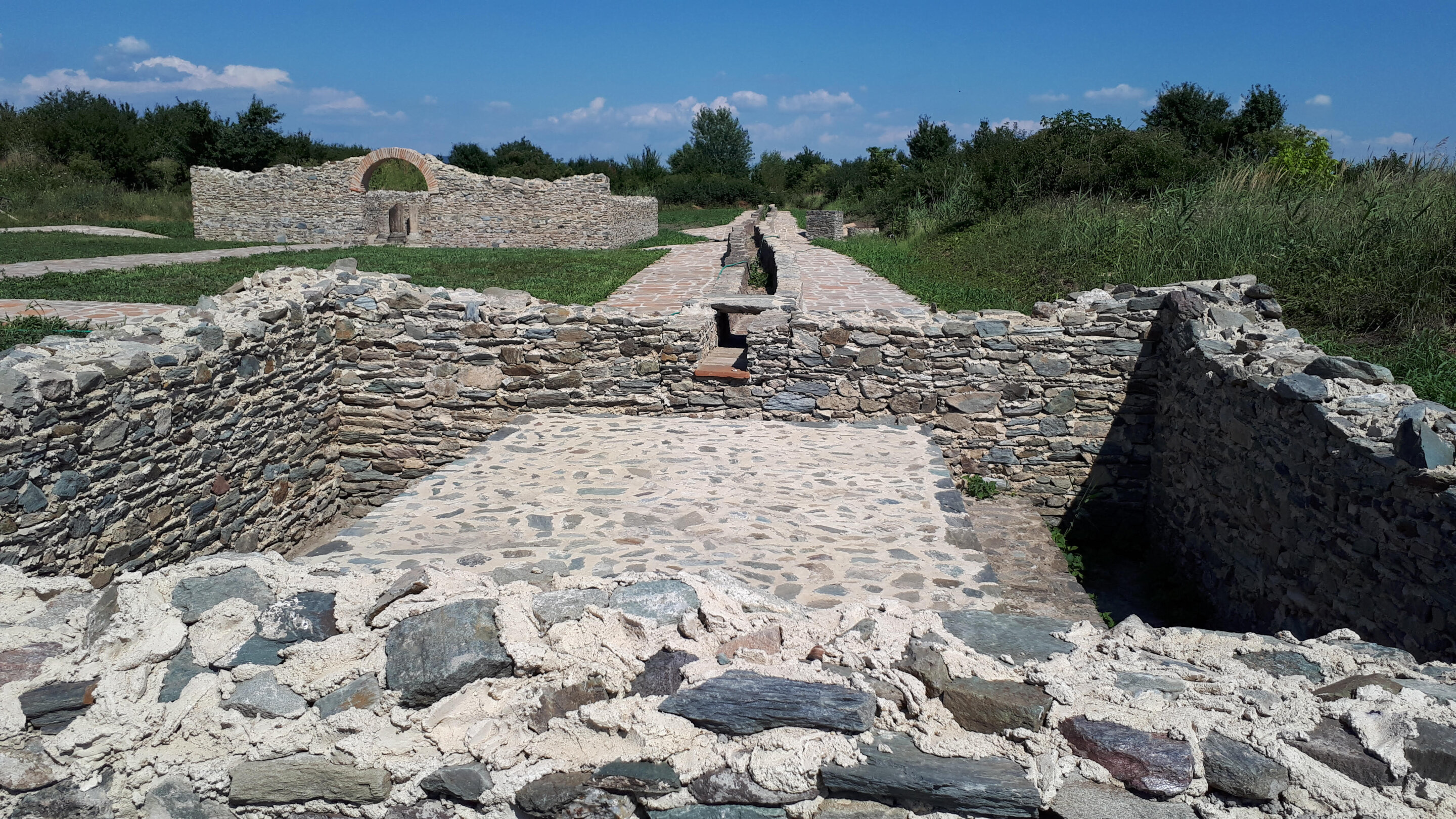- cross-posted to:
- hackernews@derp.foo
- cross-posted to:
- hackernews@derp.foo
A multidisciplinary study has reconstructed the genomic history of the Balkan Peninsula during the first millennium of the common era, a time and place of profound demographic, cultural and linguistic change.
The team has recovered and analyzed whole genome data from 146 ancient people excavated primarily from Serbia and Croatia—more than a third of which came from the Roman military frontier at the massive archaeological site of Viminacium in Serbia—which they co-analyzed with data from the rest of the Balkans and nearby regions.
The work, published in the journal Cell, highlights the cosmopolitanism of the Roman frontier and the long-term consequences of migrations that accompanied the breakdown of Roman control, including the arrival of people speaking Slavic languages. Archaeological DNA reveals that despite nation-state boundaries that divide them, populations in the Balkans have been shaped by shared demographic processes.


